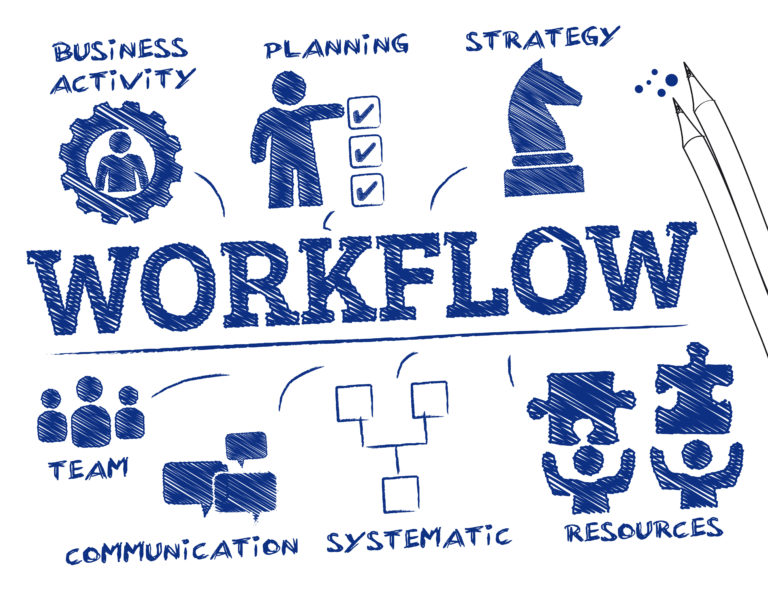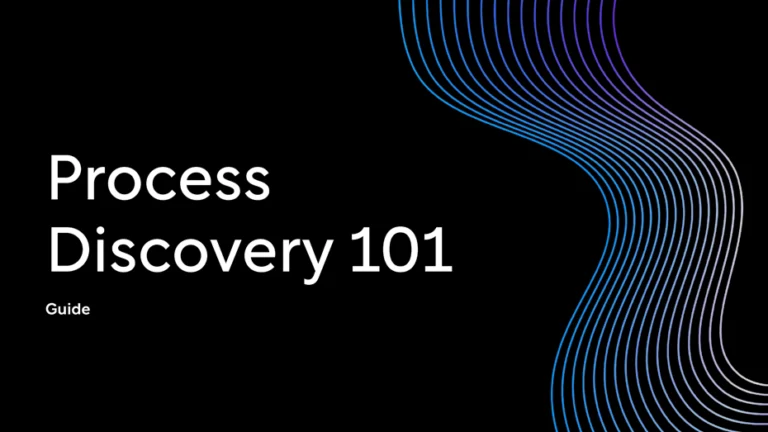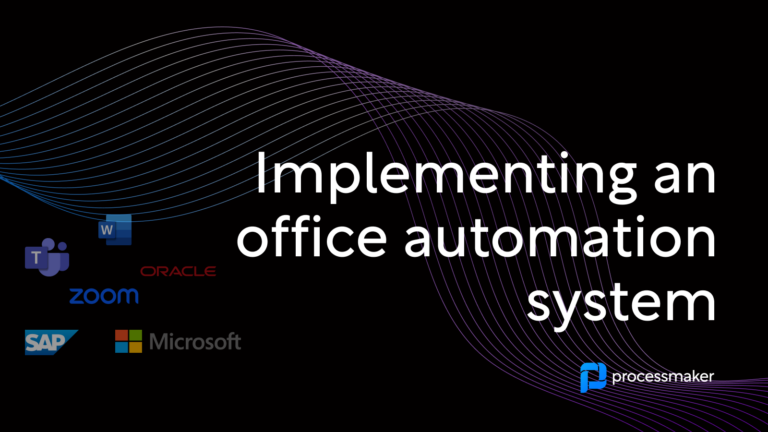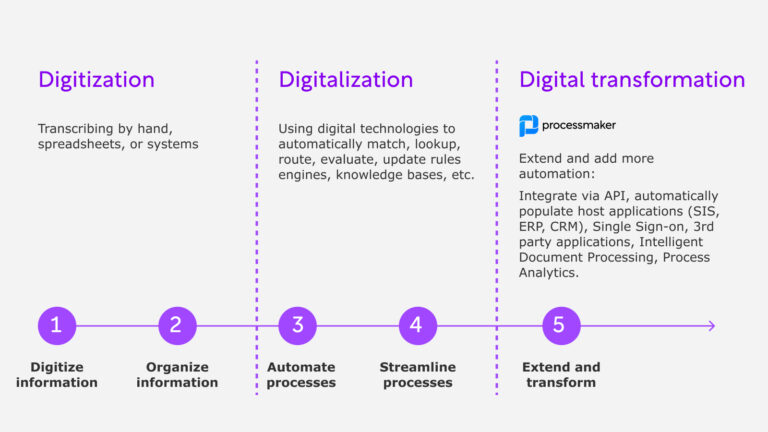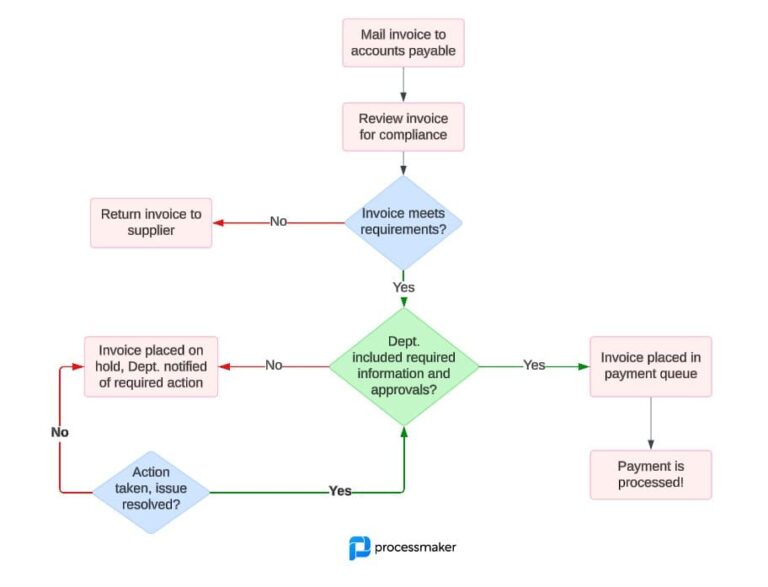A requisition is simply a request for something within a business context. Generally, it’s a formal request that has to be routed through a certain hierarchy for approval. Ultimately, if a requisition is approved, someone with the authority to make purchases will create a purchase order based on the requisition.
 Requisitions have to be specific, accurate and provide sufficient detail so that those with the authority to make purchases will have no trouble sourcing the item. A requisition tracks the trail of acquisition from the initiator to the person who makes the purchase. After that, the purchase order becomes part of the document of record, along with paid invoices, receipts, and other related documents.
Requisitions have to be specific, accurate and provide sufficient detail so that those with the authority to make purchases will have no trouble sourcing the item. A requisition tracks the trail of acquisition from the initiator to the person who makes the purchase. After that, the purchase order becomes part of the document of record, along with paid invoices, receipts, and other related documents.
Purchase Requisitions
Purchase requisitions are the most common types of requisitions. For things other than everyday office supplies, generally, a person has to make a requisition and get it approved. For example, if a person’s new project requires extensive travel, she may requisition a laptop computer to be more productive on the road. The requisition would have to be approved, someone in authority would decide what project or department pays for it, and then someone in purchasing would make an order based on the requisition. Requisitions are part of the system companies use to keep track of purchases and of the assets themselves once they are delivered.
Hiring Requisitions
Another type of requisition is the hiring requisition. If a department is in dire need of an extra clerk to handle administrative tasks, the department head may put in a hiring requisition. Once it’s determined how the new employee position will be paid for, Human Resources can create a job ad in accordance with company policies. Industry or government regulations may require that certain positions be advertised in certain ways, and the requisition should indicate if this is the case. Hiring requisitions track information like staffing levels and hiring trends, so they can be useful even after someone new is brought on board.
Other Types of Requisitions
There are many other types of requisitions, and they depend heavily on your industry, what regulations your company is subject to, and the types of workflows your company has developed. Someone may, for example, requisition services rather than products. Suppose an office area was found to have an ant problem. Someone in the affected department may put in a requisition to have an exterminator come in and take care of it. The process would be similar to that used to requisition equipment, tools, or new employees.

Manual Workflows Simply Aren’t Adequate Anymore
When businesses were simpler and the pace of business was slower, forms filled out by hand in triplicate and then manually routed through the approval chain sufficed. Today, however, that type of process is woefully inefficient. Electronic requisitions are standard for most businesses because they’re faster, less prone to error, difficult to lose, and automatically create an audit trail as they make their way through the electronic workflow. If your organization is still using manual requisition workflows, you could greatly accelerate them if you were to convert them to electronic processes.
You Don’t Have to Be a Programmer to Create Electronic Requisition Workflows
The great news is that you don’t have to be a programmer or hire a programmer to create custom requisition forms and workflows that use your company network rather than being handled manually. ProcessMaker is open-source electronic workflow software that comes with a range of pre-fabricated templates you can use and customize to your exact specifications. Or you can create your own requisitions, forms, and workflows from scratch if you want.
If you’re skeptical, there’s no cause to be, because you can either try out the ProcessMaker Enterprise Edition for free or download the ProcessMaker Community Edition and get started right away. ProcessMaker is open source software with a lively user community that can help you turn inefficient processes like paper requisitions into sleek, electronic workflows that save time and money and cut error rates dramatically.
